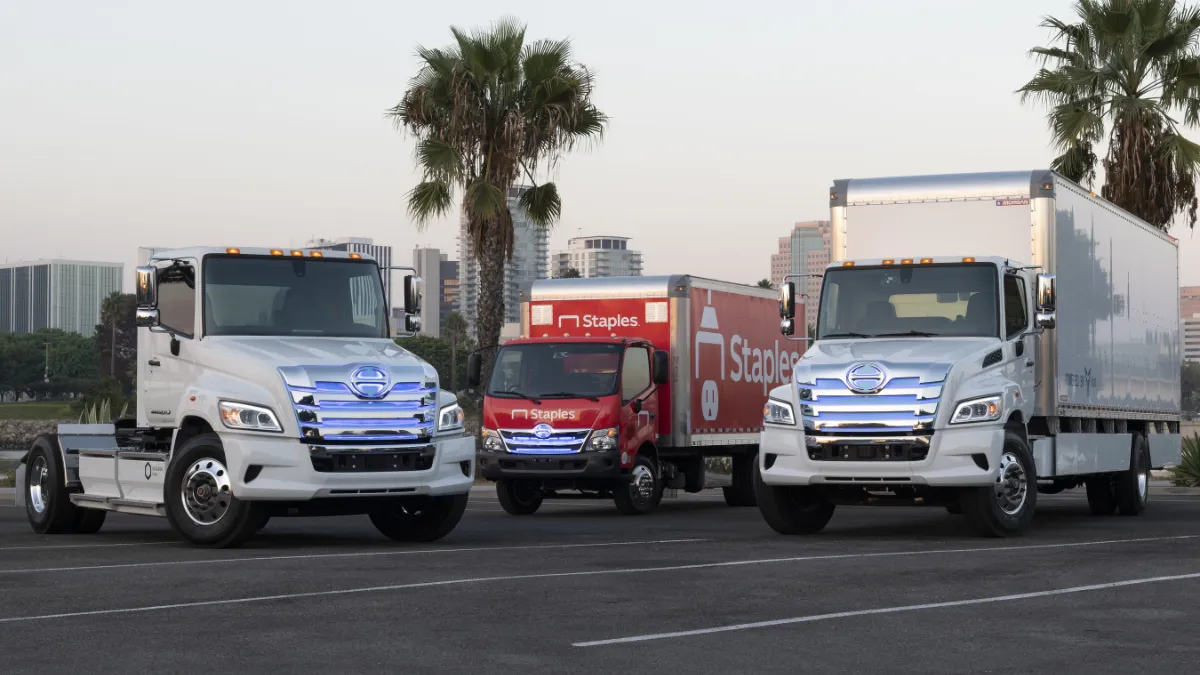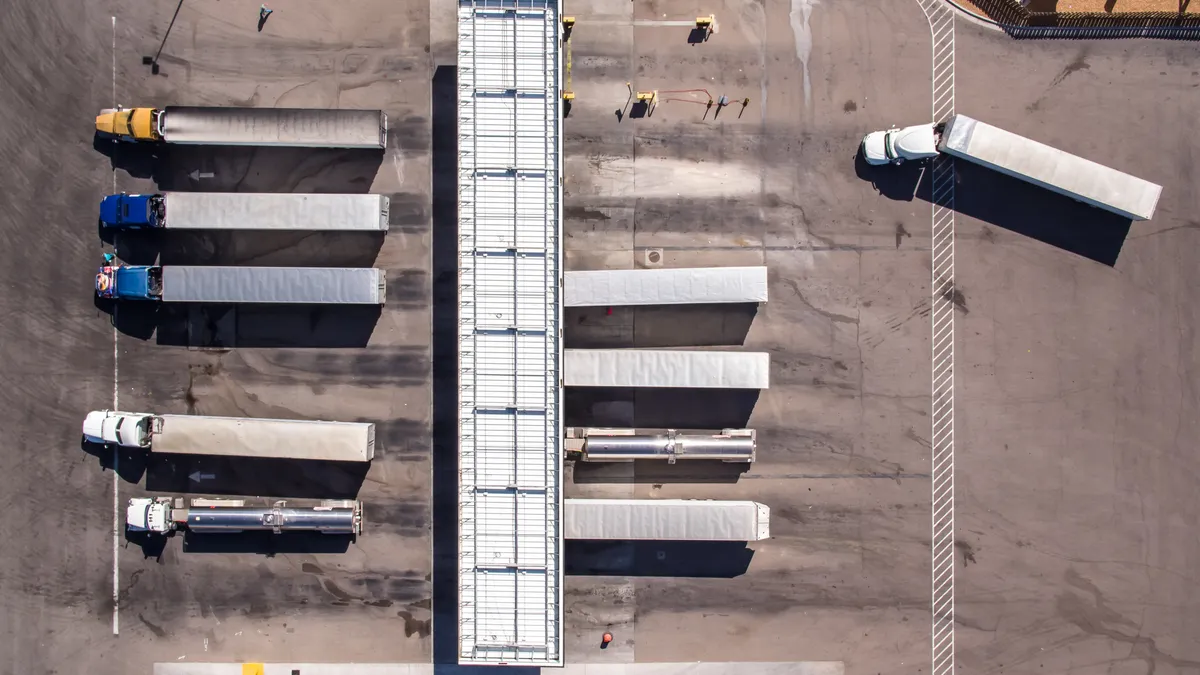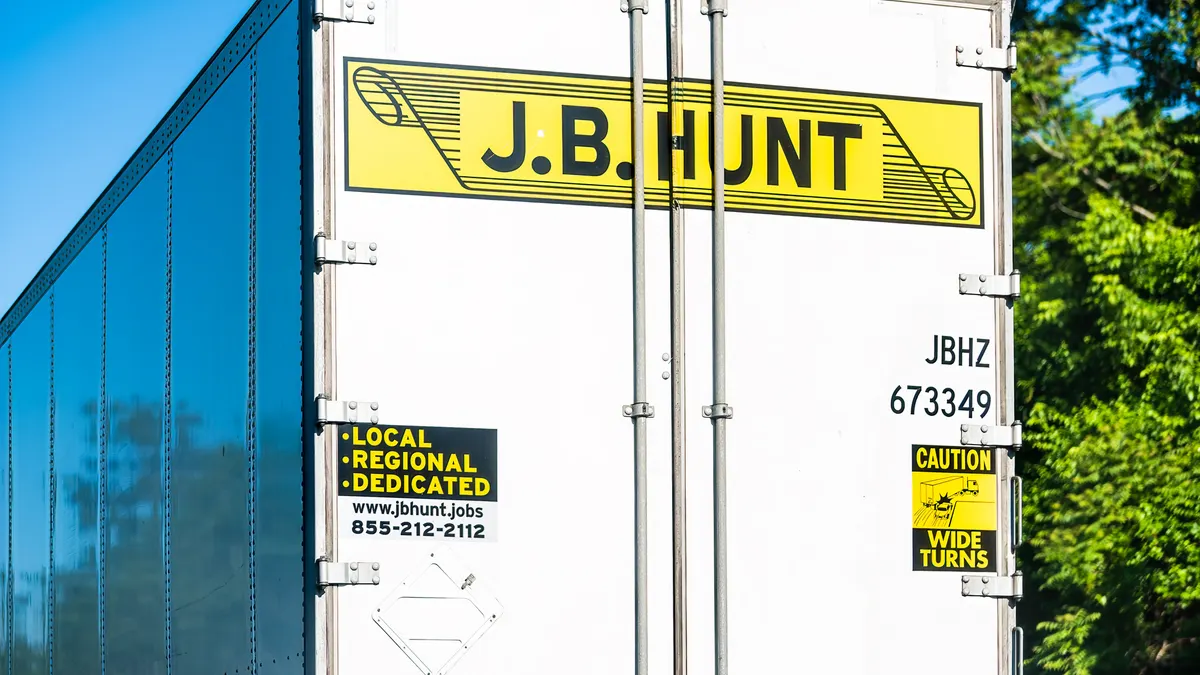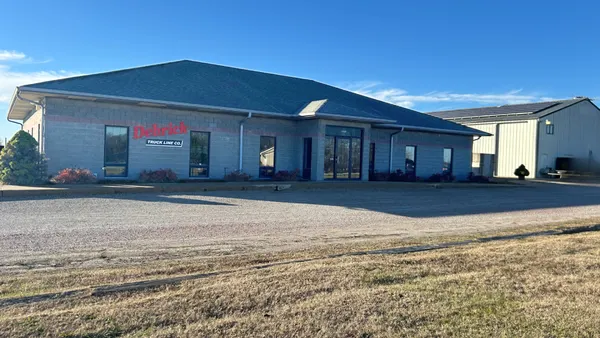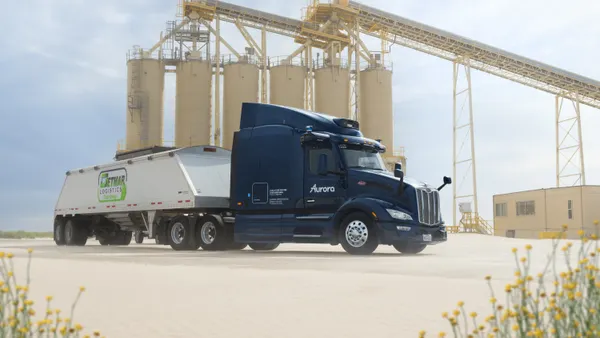Dive Brief:
- Hino Trucks is accelerating the production timeline for its suite of battery-electric vehicles, the OEM announced Friday. The trucks, classes 4-8, are set to enter low-volume production in Q4 2022 and full production by the end of 2023.
- The original plan was for Hino to have its BEV range in production by 2024. But a partnership with Cummins, also announced Friday, will allow Hino to shift resources from diesel-engine development to Project Z, its zero-emissions vehicle program, a Hino spokesperson said via email.
- "This new partnership is in line with the recent shift we have seen among other OEMs who are looking to strong industry partners to help offset their growing R&D investments into new ZEVs," Glenn Ellis, senior vice president of customer experience for Hino, said in a press release.
Dive Insight:
An OEM moving a BEV production timeline forward is a break from the norm. Inability to manufacture batteries at scale has, so far, hampered truck makers' ability to get electric vehicles to full production.
The Tesla Semi has been delayed, and boss Elon Musk maintains that a lack of battery cells is the reason why. Nikola said last month that it expects to deliver fewer battery-electric Tre models this year than originally planned, as it faces supply chain disruptions.
Celina Mikolajczak, vice president of battery technology at Panasonic Energy of North America, told sister publication Supply Chain Dive that the battery supply chain was built to service the consumer-electronics industry. A cellphone needs only one battery cell. A typical electric car requires thousands of cells.
And Musk said a Tesla Semi would typically use five times the number of cells a Tesla car would.
"How do you quickly scale an industry by 100 times?" Mikolajczak said. "You need more raw materials, the skilled talent and machines to extract the raw materials, the factories to process the raw materials into cell components, and then the factories to turn those components into cells."
Hino's spokesperson said it is "working closely" with its battery partners to ensure "ample supply" in time for production late next year.
Hino is also investing in hydrogen fuel-cell vehicles, partnering with parent company Toyota. Hino announced last October the two were developing a Class 8 FCEV for the North American market, for which Toyota would supply the fuel-cell technology while Hino supplied the chassis. At that time, Hino did not provide a timeline.
In Hino's partnership with Cummins, it plans to offer Cummins' B6.7 and l9 engines in its L and XL range of trucks by the end of this year.

